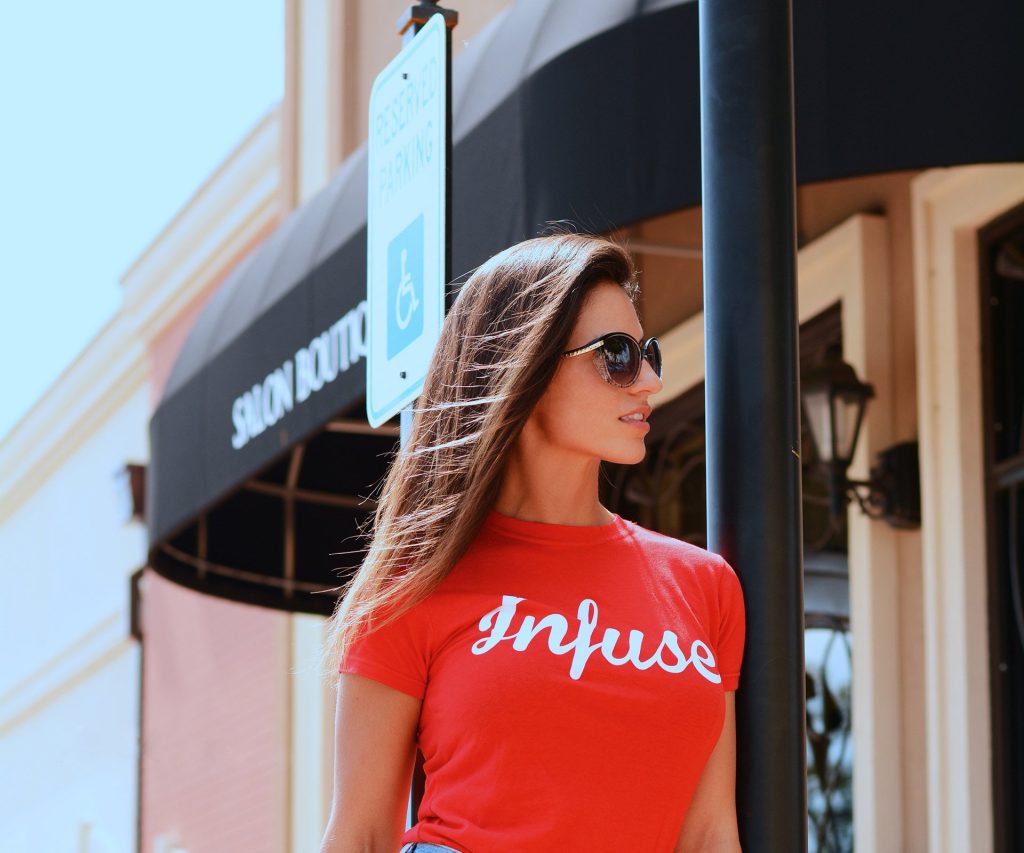
Two people were injured in the clashes, Russia’s RIA state news agency cited local emergency services as saying. Russian media showed a truck ramming into the gates surrounding the parliament in the capital, Sukhumi.
Russia recognized Abkhazia and another breakaway region, South Ossetia, as independent states in 2008 after Russian troops repelled a Georgian attempt to retake South Ossetia in a five-day war.
Most of the world recognizes Abkhazia as part of Georgia, from which it broke away during wars in the early 1990s, but Russian money has poured into the lush sub-tropical territory where Soviet-era spa resorts cling to the Black Sea coast.
Abkhazian lawmakers were set to vote on Friday on the ratification of an investment agreement signed in October in Moscow by Russian Economy Minister Maxim Reshetnikov and his Abkhazian counterpart, Kristina Ozgan.
Abkhazian opposition leaders say the agreement with Moscow, which would allow for investment projects by Russian legal entities, would price locals out of the property market by allowing far more Russian money to flow in.
Hundreds of people were shown pouring into the courtyard and attempting to enter the parliament building. Scuffles broke out. Unverified footage showed what appeared to be riot police and protesters briefly clashing.
Other footage published by local Telegram channels showed protesters tying rope to the metal gates and attempting to tear them down.
Earlier this week Abkhazia’s self-styled president, Aslan Bzhania, held an emergency security council meeting after protesters blocked a key highway and rallied in central Sukhumi to demand the release of four activists.
The activists, who were subsequently released, had been detained for opposing the passage of a law regulating the construction industry which references the Russian-Abkhazian agreement.
In 2014, demonstrators stormed the presidential headquarters, forcing then-leader Alexander Ankvab to flee. He later resigned over accusations of corruption and misrule.
Opposition leader Raul Khadzhimba, elected following the unrest in 2014, was himself forced to step down in 2020 after street protests over disputed election results.
